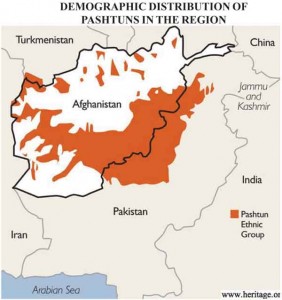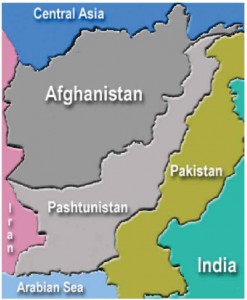But stepping away from the imbroglio the United States has produced in Afghanistan is easier said than done. If Washington were to abandon Kabul as it did Vietnam, without putting into place an Afghan entity, regional states will scramble to pick up the spoils. Washington’s credibility as a superpower will be irretrievably damaged, leaving it vulnerable to the vicissitudes of international community, sucking in other major powers to fill the vacuum so created. Therefore, Washington has to create a modicum of stability, thereby securing some, if not all, of United States’ interests in the region, enumerated earlier. Therefore, Washington needs to, before the end of the year, establish appropriate political and military structures and systems whereby its interests can best be salvaged through complete or partial withdrawal of its presence in Afghanistan.
Washington needs to, before the end of the year, establish appropriate political and military structures and systems whereby its interests can best be salvaged through complete or partial withdrawal of its presence in Afghanistan.
As the U.S.–NATO-led war in Afghanistan to cleanse that country of anti-West Islamic forces has come to a standstill, it is evident that those apparent objectives earlier stated by Washington, London and Brussels will not be met. The war in Afghanistan may end next year, or 10 years later, but the fact remains that the U.S.–NATO troops have no other option but to bring about an end to this war by putting in the seat of power Afghans who may or may not be hard core Taliban. But the process will be a complicated one, with various geopolitical, and regional, forces making their input.
One such geopolitical option is to set in motion a process that will lead to the combining of the Pashtuns of the region and the formation of a Pashtunistan.20 “De facto partition is clearly not the best outcome one can imagine for the United States in Afghanistan. But it is now the best outcome that Washington can achieve consistent with vital national interests and U.S. domestic politics.”21
Greater Pashtunistan: To Who’s Benfit?
As it is, Afghanistan has never accepted the Durand Line23 as its international boundary with Pakistan.
Some “observers have contemplated, if the AfPak policy ends in failure, instead establishing a de facto, if not de jure, independent ‘Pashtunistan’, or Pakhtunkhwa as it is known in Pashto? This is a concept with a long history.
There are claims that nationalist sentiment is still bubbling just beneath the surface in the Pashtun areas of Afghanistan and Pakistan, and that whatever popular support there is for the Afghan and Pakistan Taliban among Pashtuns is based more on this sentiment than on a deep and abiding attraction to jihadi militancy.”24
 Such a nation will not be born through negotiations across the table but would require a long-drawn-out uprising and bloodletting, which the Pakistani army, more than the Afghan National Army (ANA), will militarily oppose vigorously.
Such a nation will not be born through negotiations across the table but would require a long-drawn-out uprising and bloodletting, which the Pakistani army, more than the Afghan National Army (ANA), will militarily oppose vigorously.
That would then pitch the Islamic moderate-dominated powerful Punjabi faction of the Pakistani army against the less moderate and more fundamentalist Pashtuns living in Pakistan’s tribal areas and North West Frontier Province (NWFP).
Continued…: Salvaging Americans Botched Strategic Foray into Asia – II





